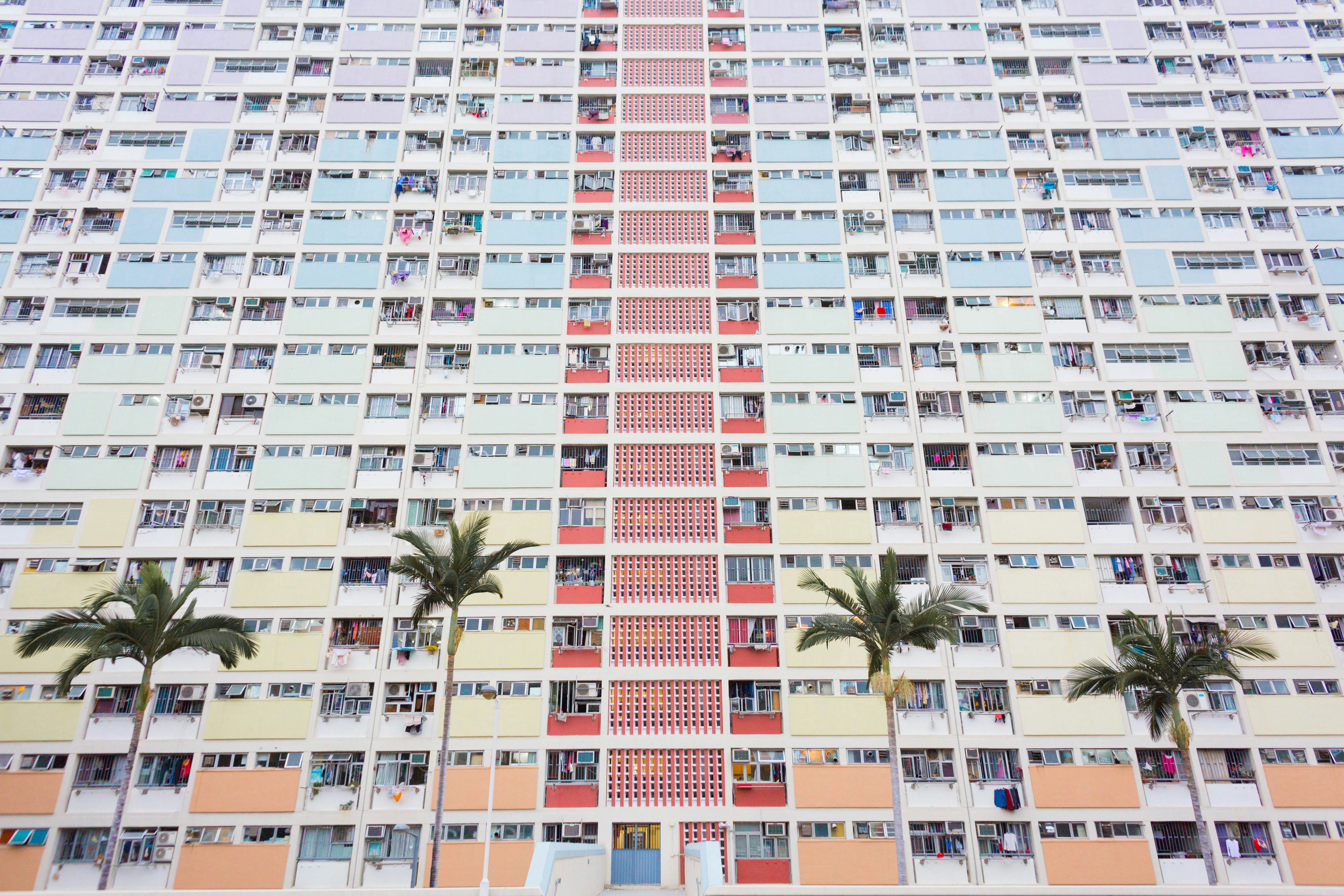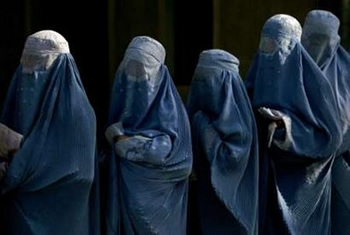13-08-2024
Marina Sáenz
Human Rights Researcher
Global Human Rights Defence
In a bid to address the pervasive issue of subdivided flats, the Democratic Alliance for the Betterment and Progress of Hong Kong (DAB) has proposed new standards aimed at eradicating what they term “low-quality” housing. The proposal, unveiled by DAB legislator Vincent Cheng, suggests that subdivided units should have a minimum height of 1.8 metres and a floorspace of at least 7 square metres, with separate kitchen and toilet facilities. While these measures are intended to improve living conditions for the city’s most vulnerable residents, they also prompt crucial questions about the human rights implications of such a sweeping policy. As Hong Kong grapples with sky-high property prices and a severe shortage of affordable housing, the potential displacement of approximately 10,000 sub-divided units raises concerns about the adequacy of resettlement plans and the protection of tenant rights.
Subdivided flats, a common feature of Hong Kong’s densely populated urban landscape, are small residential units created by partitioning larger apartments or buildings into multiple, often cramped, living spaces. These units are typically characterised by their minimal floor area, inadequate ventilation, and shared facilities, such as kitchens and toilets. The problem of subdivided flats is emblematic of Hong Kong’s broader housing crisis, exacerbated by skyrocketing property prices and a chronic shortage of affordable housing. Many residents in these sub-divided units live in substandard conditions, with some spaces measuring as little as a few square metres. The lack of adequate living space and privacy contributes to severe overcrowding and poor living conditions, which pose significant health and safety risks. With approximately 110,000 such units reported by 2020, addressing their quality and ensuring better living conditions for thousands of residents has become an urgent issue for the government. The new proposal by the DAB party seeks to tackle this problem by establishing stricter standards, but it also raises concerns about the impact on current tenants and the feasibility of effective resettlement solutions.
The issue of subdivided flats in Hong Kong, characterised by extremely limited living space, inadequate ventilation, and often shared sanitary facilities, presents serious human rights concerns that align with international human rights standards. According to the International Covenant on Economic, Social and Cultural Rights (ICESCR), to which Hong Kong is a state party, the right to adequate housing (Article 11) encompasses not only the availability of housing but also its quality. The CESCR’s General Comment No. 4 on the right to adequate housing specifies that housing must meet certain standards, including adequate space, physical safety, and access to essential services. Many subdivided flats fail to meet these criteria, resulting in severe overcrowding and health risks such as respiratory issues and increased susceptibility to accidents. This failure directly impacts the right to health as enshrined in Article 12 of the ICESCR, which includes the right to live in a healthy environment. Additionally, the shared facilities in these flats undermine the right to privacy, as protected under Article 17 of the International Covenant on Civil and Political Rights (ICCPR), which guarantees protection from arbitrary interference with one’s privacy. The situation also raises concerns under the principle of non-discrimination, as outlined in Articles 2 and 26 of the ICCPR, which prohibits discrimination and ensures that all individuals have equal access to adequate housing. The proposed measures by the DAB party to eradicate low-quality subdivided flats may exacerbate these human rights concerns if they do not include comprehensive resettlement plans. The Society for Community Organisation (SoCO) has highlighted that without proper resettlement and support, tenants may be displaced to equally sub-standard conditions, potentially worsening their living situations and further violating their rights. Thus, while the proposal aims to address the problem of inadequate housing, its success will heavily depend on ensuring that the new standards are implemented in a manner that respects and protects the fundamental human rights of affected residents, aligning with international human rights obligations and providing effective remedies and alternatives to prevent further violations.
While Hong Kong’s proposal to set stricter standards for subdivided flats aims to improve living conditions, its human rights implications must be carefully considered. Ensuring that the new regulations meet international human rights standards involves not only addressing the physical quality of housing but also safeguarding the rights to health, privacy, and non-discrimination. Crucially, effective resettlement plans are essential to prevent further displacement and ensure that affected tenants have access to adequate and safe housing. By aligning the proposed measures with human rights obligations, Hong Kong can better address its housing crisis while upholding the fundamental rights of its residents.
Sources and further reading:
Irene Chan. (August 13 2024). Hong Kong should end ‘low-quality’ subdivided homes within 3 years, say pro-gov’t lawmakers. Hong Kong Free Press. Accessed August 13th, 2024 <https://hongkongfp.com/2024/08/13/hong-kong-should-end-low-quality-subdivided-homes-within-3-years-say-pro-govt-lawmakers/>.






Comments